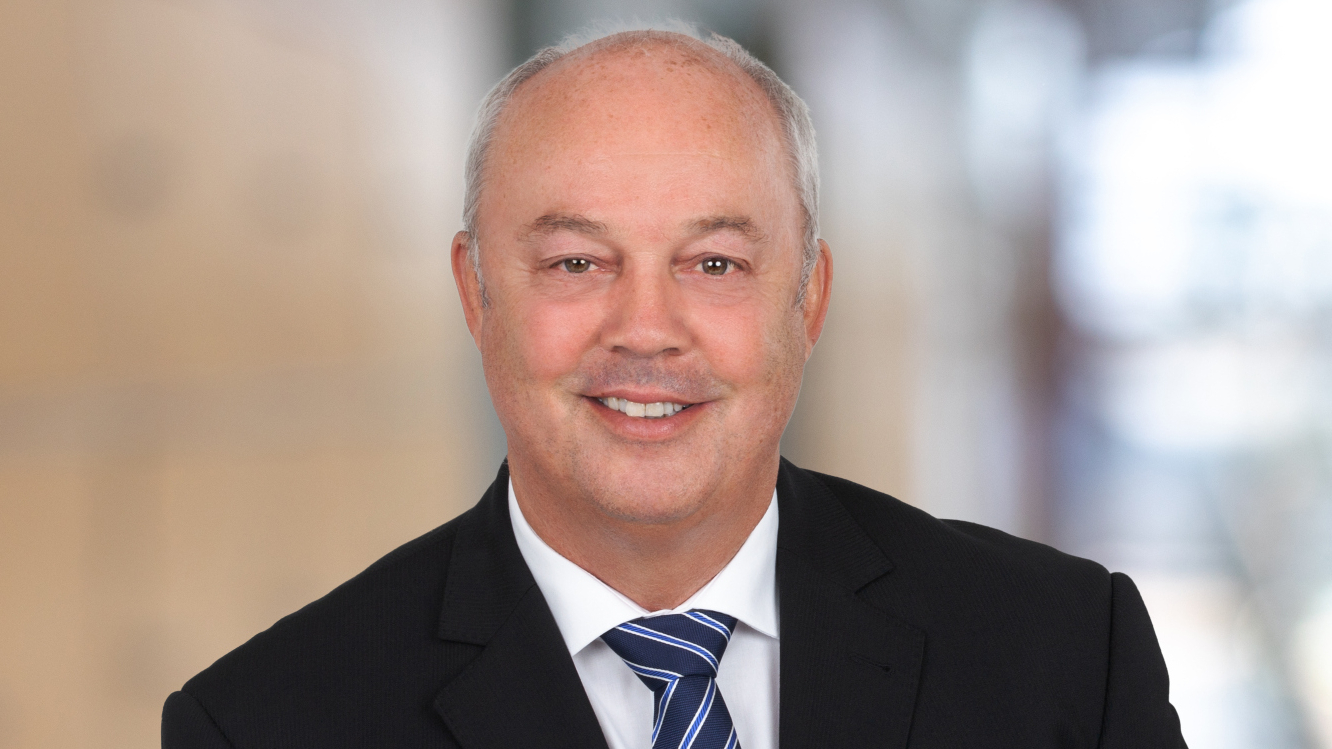Jochen Liebert, Head of Global Product Management SurTec International, Interview: Robert Piterek
How did the question of a possible chromium(VI) replacement arise 10 years ago?
In the years 2011 to 2013, the initial decision was between the chloride or sulphate process. It was impossible to predict which of the systems would prevail and whether users would be prepared to accept higher costs for a more environmentally friendly product. There was also, of course, the very practical question of whether and how the processes could be integrated into existing systems. Both processes had advantages and disadvantages - in short, chloride scored points for its rapid deposition and short exposure times, while sulphate processes scored points for their high color stability and less internal corrosion on hollow parts such as furniture.
"The switch to chromium(III) has long since gained momentum"
What will the situation be like in 2023?
Spurred on by 'Sunset Day' - the date on which the use of chromium(VI) in certain products or processes must be discontinued - the question of 'if' has now been answered. The fear of possibly being confronted with a short-term changeover from 2024 means that users are actively tackling the issue, and the changeover to chromium(III) has long since gained momentum. Driven in particular by the requirements of the automotive industry, the sulphate process has become established in Europe, which, when mixed with components from the chromium(VI) process, delivers the required results, particularly in terms of color and corrosion resistance. There is now no question that there are fully-fledged chromium(III)-based alternatives that can replace chromium(VI) processes in decorative chrome plating. SurTec supports twelve customers in Germany with a total of 21 systems that have been completely converted to chromium(III).
"The use of boric acid poses a major risk ... so far there is no satisfactory alternative"
What has changed on the chemical side in the last ten years?
In recent years, there has been an increasing demand for more environmentally friendly raw materials for the manufacture of chemical products, and not just in the field of decorative chrome plating. Alternative coating processes have also been developed that are less harmful to the environment, as well as cleaning processes with lower batch concentrations, lower temperatures and a longer service life with the best cleaning quality. Products and raw materials from Europe have the highest priority for SurTec in the manufacture of chemical products for decorative chrome plating. The processes are constantly being further developed and meet market requirements. However, not all challenges have been overcome. One major risk is the use of boric acid, which is used in both chloride and sulphate electrolytes. So far, there is no satisfactory alternative.
Can the wastewater be treated in our own wastewater treatment plants?
As a rule, yes, wastewater treatment for chromium(III) can be carried out in existing plants. It aims to remove harmful heavy metals from the wastewater and ensure that it meets the applicable environmental standards before it is released into the environment. For wastewater treatment, processes such as precipitation and sedimentation or ion exchange are usually used to remove or reduce chromium(III). Some customers also use UV treatment and add this solution to the normal chromium(VI) wastewater treatment. Investment and energy balance are often decisive factors here. In a few cases, evaporation technology is also used, but this can be very energy-intensive.
What is the CO2 footprint of SurTec 883 XT?
SurTec 883 XT uses the 4th generation of chromium(III)-sulphate-based electrolytes, which meet the highest requirements in the automotive sector in layers from 0.2 µm. Coatings with a cathodic current density <= 4 A/dm2 are possible. Lower current densities for chrome plating and shorter exposure times compared to competitive processes reduce energy consumption, resulting in significantly lessCO2 being generated.
INFO
Jochen Liebert has been active and well-known in many areas of electroplating technology for over 45 years.
He has been working for SurTec International for 13 years, where he has been Head of Global Product Management Decorative Electroplating since 2013. In his role, together with his global team of experts, he supports the transition to trivalent chrome processes worldwide.
Photo: SurTec


